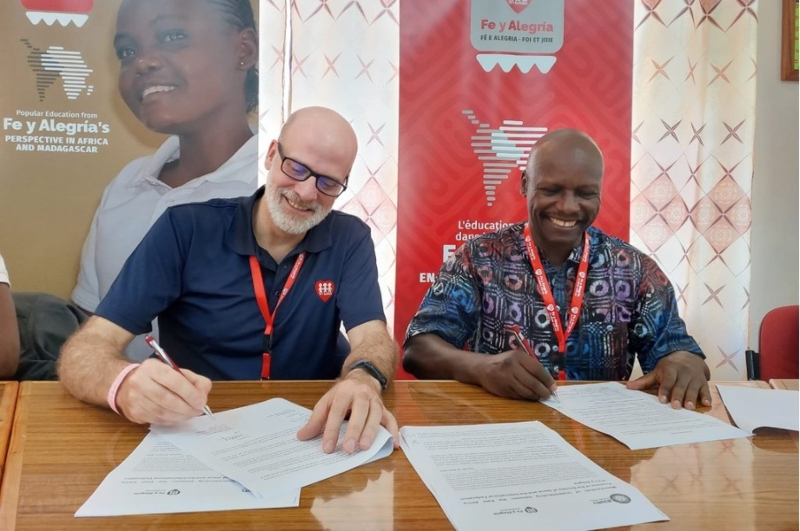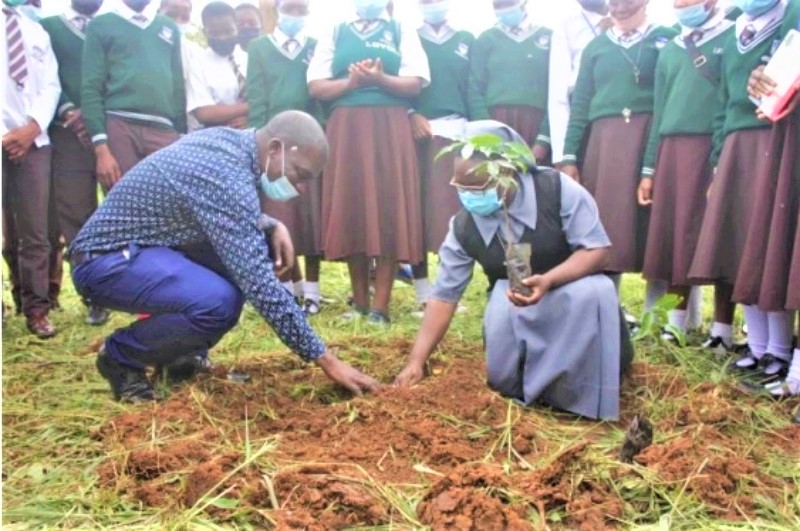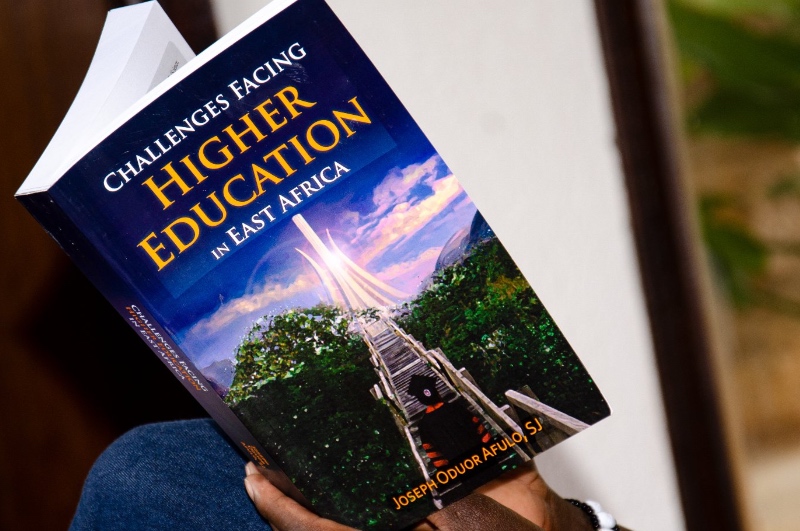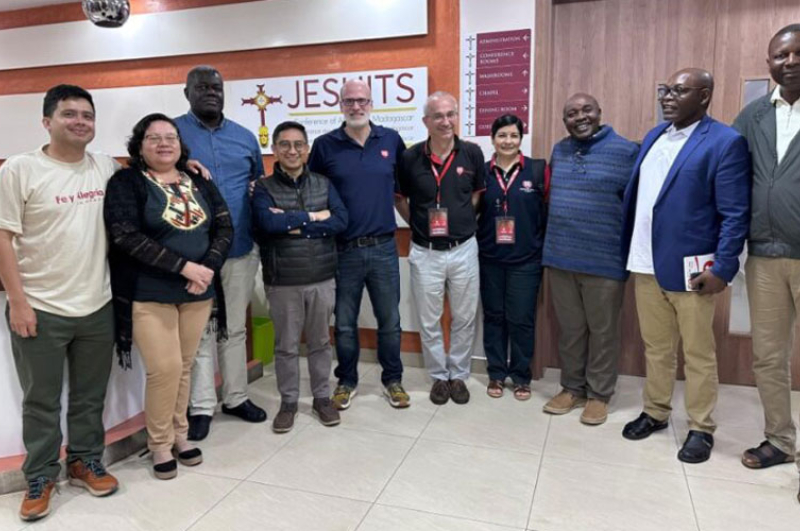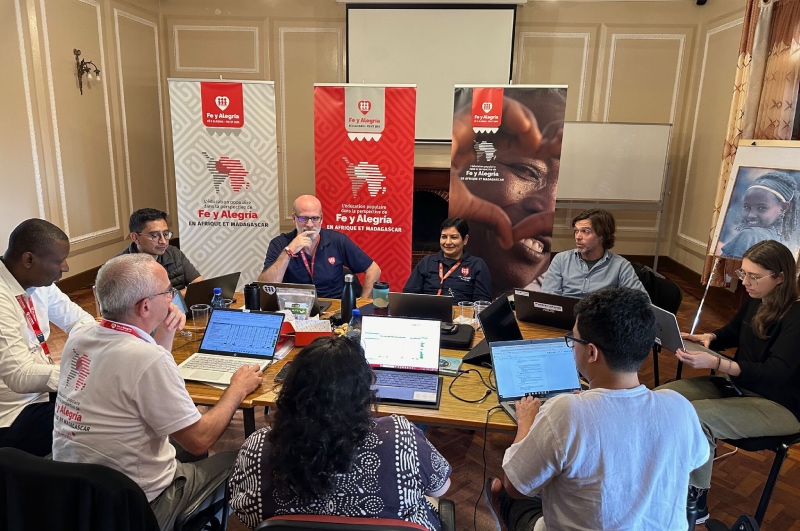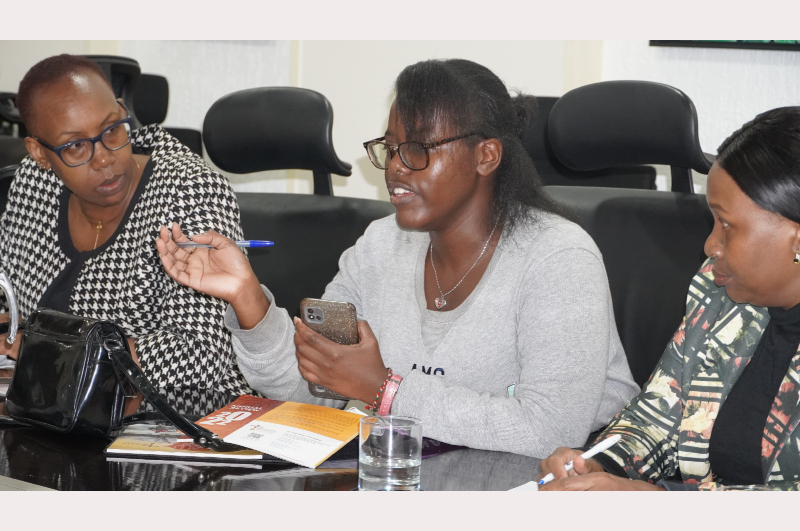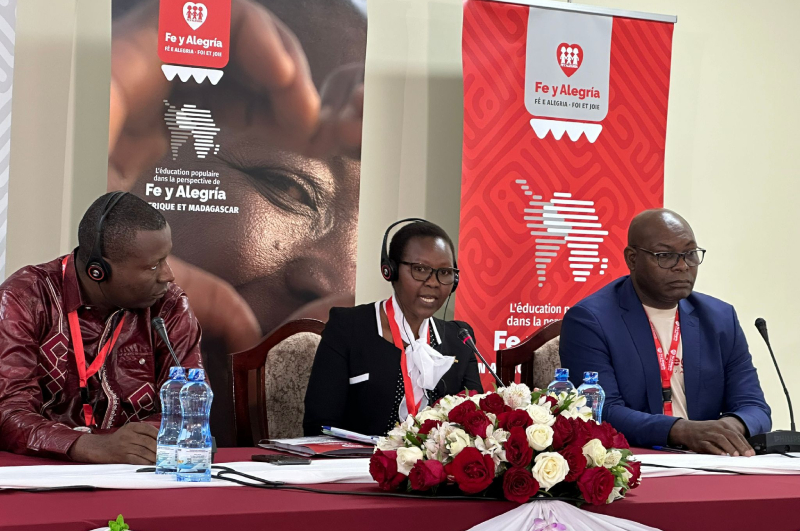

On 25 April 2024, the International Federation of Fe y Alegría held a workshop in Nairobi, bringing together about 40 delegates from Africa, Latin America, and Spain, both Jesuit and lay.
The workshop was held to address educational challenges in Africa aimed at consolidating and spreading the work of Fe y Alegría in Africa. Organised as part of the workshop on ‘Popular Education’ in Africa, the event sought to create a space for dialogue to gather diverse opinions on these challenges and explore contextualised solutions from the perspective of Fe y Alegría. The interactive workshop drew insights from Liberation Theology and Paolo Freire’s 'Pedagogy of the Oppressed'. It explored ways of promoting democracy, equality, and justice through a liberating pedagogy of Popular Education at all levels of learning.
The discussions were marked by several significant moments:
Firstly, Beatriz Borjas, moderator of the event, welcomed the participants and presented the forum's programme. Beatriz Borjas, a key figure in Popular Education for Fe y Alegría Venezuela, contextualised the importance of the event given her previous experience in Chad.
Secondly, Fr. Villanueva, SJ, the General Coordinator of Fe y Alegría, and Fr. Charles Chilufya, SJ, Director of the Jesuit Justice and Ecology Network Africa (JENA), were then invited to officially open the forum. Fr. Villanueva expressed his gratitude and highlighted the importance of Popular Education in social transformation. He also emphasised the potential of Fe y Alegría to influence the processes of change in Africa. On his part, Fr. Chilufya, SJ, highlighted the need for Fe y Alegría to embrace both the educational and social spheres, responding to the needs and realities of African communities. He proposed working together to awaken collective interest in education, underlining the importance of the commitment of Jesuits and their collaborators in this process.
Thirdly, four speakers presented on Fe y Alegría's projects in their respective countries (Chad, Democratic Republic of the Congo, Guinea Conakry, and Kenya), highlighting the diversity of educational programmes developed that address poverty and ensure quality education in marginalised communities, with a special emphasis on community participation.
The main educational challenges were addressed, highlighting three key issues: access to education, the promotion of utilitarian education, and the adoption of a holistic view of education. Speakers agreed on the need to revalorise African cultures and strengthen the partnership between the Church and African states to address these challenges.
Ideas for engaging African youth were proposed, including the provision of practical advice and the promotion of entrepreneurship.
Finally, group discussions were held among the participants, enriching the experience for all. This conversations provided a valuable platform to reflect on educational challenges in Africa and explore collaborative solutions to address them.
About Fe y Alegría
Fe y Alegría is a “Movement for Integral Popular Education and Social Development” whose activities are directed to the most impoverished and excluded sectors of the population, in order to empower them in their personal development and their participation in society.
Fe y Alegría was founded in Venezuela in 1955 by Chilean-born Jesuit priest and educator, Fr. José María Vélaz, SJ (1910 – 1985). Nine years later, in 1964, there were already 10,000 students in Venezuela, and the acceptance of the experience allowed the model to be replicated in other countries with a similar response. Fe y Alegría’s experience spread not only in Latin America but also in Europe, specifically in Spain with Entreculturas and in Italy.
Fe y Alegría was born in Africa in 2007 in Chad with a rural network of schools in the Guera region, whose population is mainly Muslim, with the support of the Chadian state education authorities. This founding spirit was later extended to Madagascar in 2013, and the next year to the Democratic Republic of the Congo.
The first International Congress of Fe y Alegría Africa, held in January 2016 in N’djamena, was an opportunity to make the mission and vision of the Movement known to the larger Jesuit family of the African continent and to enthuse other countries such as Guinea-Conakry, Zimbabwe, Mozambique, and Kenya. The 22-26 April 2024 Meeting marks the second meeting in Africa, bringing together 40 delegates from Africa, Latin America, and Spain, both Jesuit and lay.
Related Articles
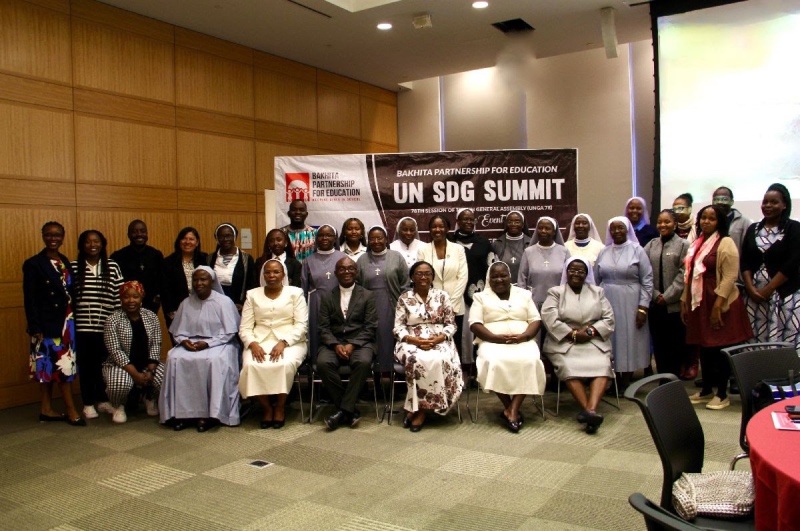
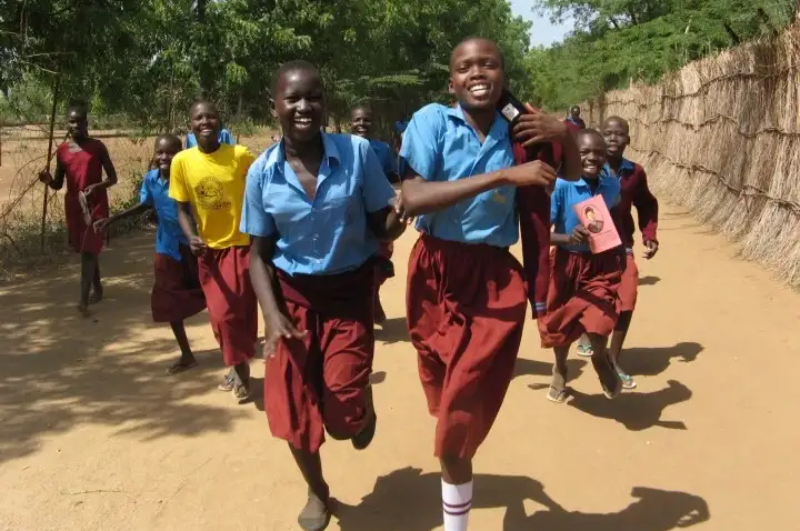
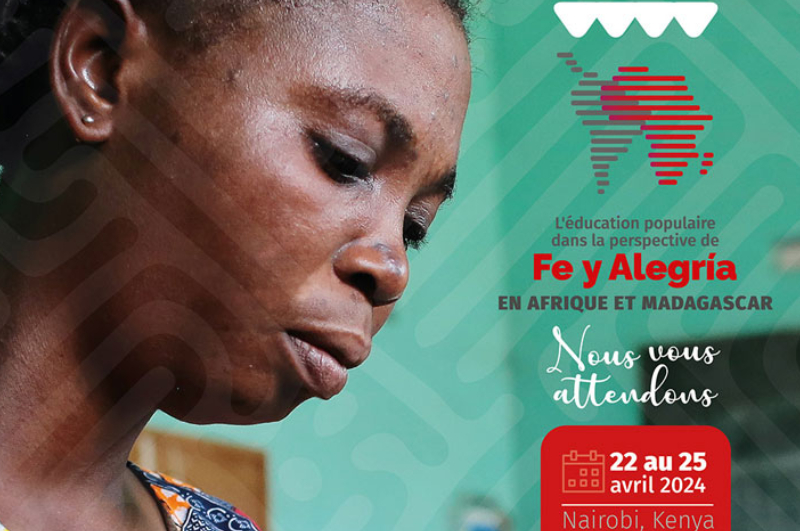
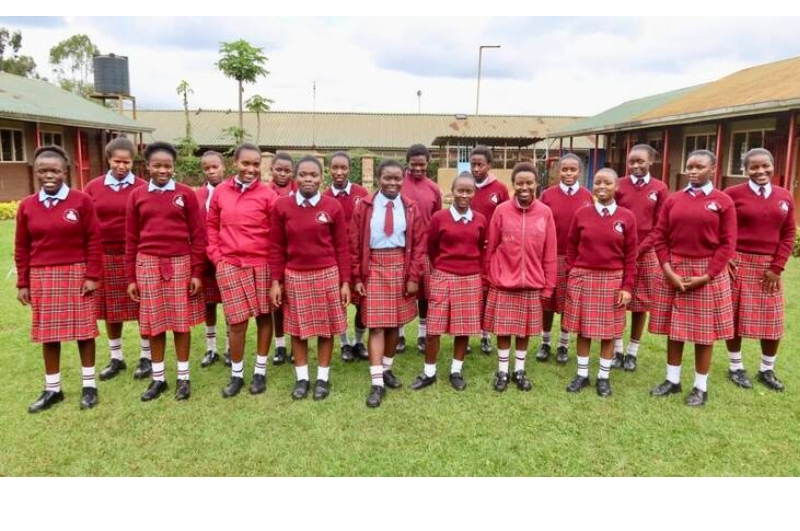
Select Payment Method
Pay by bank transfer
If you wish to make a donation by direct bank transfer please contact Fr Paul Hamill SJ treasurer@jesuits.africa. Fr Paul will get in touch with you about the best method of transfer for you and share account details with you. Donations can be one-off gifts or of any frequency; for example, you might wish to become a regular monthly donor of small amounts; that sort of reliable income can allow for very welcome forward planning in the development of the Society’s works in Africa and Madagascar.
Often it is easier to send a donation to an office within your own country and Fr Paul can advise on how that might be done. In some countries this kind of giving can also be recognised for tax relief and the necessary receipts will be issued.



